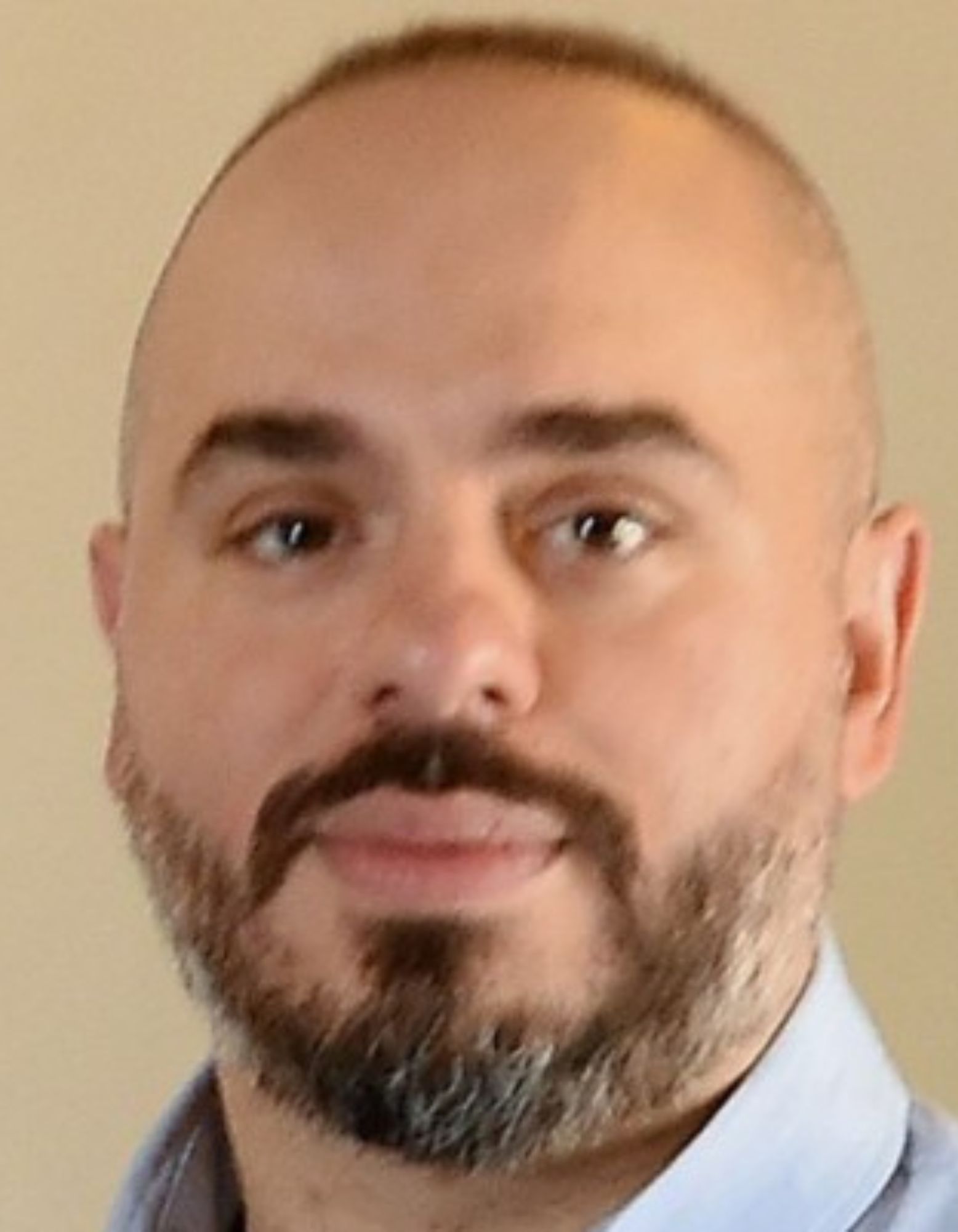IND-Enabling Studies of Somatic Genome Editing Therapeutic Leads
In phase 2, the SCGE aims to accelerate the translation of genome editing therapies into the clinic by advancing clinical development and evaluation of novel genome editing therapeutics to support advancement towards clinical trials. Find the latest research publications from theses projects on our website.

Correction of Neurological Disease via Allele Specific Excision of Pathogenic Repeats
The Correction of Neurological Disease via Allele Specific Excision of Pathogenic Repeats (CASEPR) program, led by Dr. Jennifer Doudna, unites a diverse team of cross-expertise researchers focusing on developing innovative CRISPR-Cas-based therapeutics for Huntington’s disease (HD) and Amyotrophic Lateral Sclerosis (ALS). The team’s collective innovation is channeled into three main goals to advance to Investigational New Drug (IND) status: creating an AAV-driven CRISPR therapy targeting the mutant HTT gene specific to HD, developing a similar approach for ALS focusing on allele-specific C9orf72 excision, and advancing a highly innovative and novel “Cas9 ribonucleoprotein monoparticle” CRISPR delivery method into neurons for HD. This groundbreaking research leverages CRISPR technology to selectively target and edit disease-causing genes, potentially revolutionizing the treatment of these debilitating neurodegenerative afflictions. The CASEPR program will impact nucleotide expansion diseases specifically, while having broader implications in advancing genome editing as a therapeutic approach to human genetic disease.

Jennifer A Doudna
Contact PI
University of California Berkeley

Ross Wilson
Co-I
University of California Berkeley

Petros Giannikopoulos
Co-I
University of California Berkeley

Fyodor Urnov
Co-I
University of California Berkeley

Victor Van Laar
Co-I
The Ohio State University

Krystof Bankiewicz
Co-I
The Ohio State University

Claire Clelland
Co-I
University of California San Francisco

Niren Murthy
Co-I
University of California Berkeley

Min Hyung Kang
Co-I
University of California Berkeley

Jerusha Naidoo
Co-I
The Ohio State University

Deirdre Killebrew
Research Project Manager
University of California Berkeley
Preclinical Genome Editing for Rare Neurological Diseases
The Preclinical Genome Editing for Rare Neurological Diseases Program led by Dr. Cat Lutz, unites talented teams with unmatched expertise in base and prime editing, the development and production of AAV based vectors for treatment of rare disease, and preclinical animal modeling to develop, validate, and translate gene editing–based therapeutic solutions for four rare neurological genetic diseases: Spinal Muscular Atrophy, Friedreich’s Ataxia, Huntington’s Disease, and Rett Syndrome. We plan to merge these considerable assets and apply them to correct the underpinning genetic causes of these diseases, including repeat expansion diseases, in the relevant neurological tissues with the goal of advancing at least one of these strategies towards an IND submission.

Cathleen M Lutz
Contact PI
Jackson Laboratory

Mandana Arbab
MPI
Boston Children’s Hospital, Harvard Medical School

Steven J Gray
Core Lead
University of Texas Southwestern Medical Center

David R Liu
Core Lead and Project Lead
Broad Institute of MIT and Harvard

Ricardo Mouro Pinto
Project Co-Lead
Massachusetts General Hospital

Kathy Snow
Program Manager
Jackson Laboratory

Stephen Murray
Core Lead
Jackson Laboratory
Postnatal and Prenatal Therapeutic Base Editing for Metabolic Diseases
Phenylketonuria (PKU), hereditary tyrosinemia type 1 (HT1), and mucopolysaccharidosis type 1 (MPSI) are inherited disorders of metabolism that cause debilitating and even life-threatening medical problems as early as birth. We seek to use a type of CRISPR gene editing technology, called base editing, to directly and permanently correct gene mutations or otherwise alter genes at the DNA level in the liver, either after or before birth—a “one-and-done” treatment strategy that could substantially improve the long-term health of patients with these diseases.

William H Peranteau
Contact PI
Children’s Hospital of Philadelphia

Kiran Musunuru
MPI
University of Pennsylvania

Xiao Wang
Co-I
Children’s Hospital of Philadelphia

Alan W Flake
Co-I
Children’s Hospital of Philadelphia

Beverly L Davidson
Co-I
Children’s Hospital of Philadelphia

Rebecca Ahrens-Nicklas
Co-I
Children’s Hospital of Philadelphia

Lindsey George
Co-I
Children’s Hospital of Philadelphia

Mohamad-Gabriel Alameh
Co-I
Children’s Hospital of Philadelphia

Drew Weissman
Co-I
Children’s Hospital of Philadelphia
The CRISPR Vision Program: Nonviral Genome Editing Platforms to Treat Inherited Retinal Channelopathies

Krishanu Saha
Contact PI
University of Wisconsin-Madison

David Gamm
Project Lead
University of Wisconsin-Madison

Shaoqin Gong
Project Lead
University of Wisconsin-Madison

Bikash Pattnaik
Project Lead
University of Wisconsin-Madison

Adam Silverman
Project Lead
Spotlight Therapeutics

William Murphy
Core Lead
University of Wisconsin-Madison

T. Michael Nork
Core Lead
University of Wisconsin-Madison

Jonathan Watts
Site Lead
UMass Medical School

Melissa Skala
Site Lead
Morgridge Institute

Ross Schwartz
Administrator
University of Wisconsin-Madison
Therapeutic Editing to Lower PrP in Prion Disease
Prion disease is a rapidly fatal neurodegenerative disease with no available treatments. Prion disease occurs when the prion protein, a normally harmless protein, misfolds into prions, which are toxic. Evidence from multiple species and paradigms demonstrates that reducing the amount of prion protein in the brain is protective against prion disease, and should be safe. The first project seeks to test a genome editor targeted at PRNP, the prion protein gene. The goal of the editor is to change a single nucleotide in the PRNP gene sequence that would cause production of the prion protein to be interrupted early, leading to reduced levels in the brain. To be delivered effectively to brain cells, the editor construct must be packaged in a viral vector. Because the construct is large, it would need to be split between two vectors; only cells that receive both would be successfully edited. The second project seeks to test a genome editor that is similar to that described in Project 1, but has been modified to be small enough to fit in one viral vector. Similar to above, this goal of the editor would be to install a single nucleotide change in the PRNP gene sequence that would interrupt production of prion protein. The third project seeks to use an epigenome editor to turn the prion protein “off” by altering the DNA environment where the PRNP gene is located. The goal of the epigenome editor would be to change the three-dimensional packing of the DNA so that the PRNP gene becomes inaccessible, reducing the amount of the protein that is produced. The administrative core provides logistical support for the coordination of projects involving components from multiple labs. The resource core designs, develops and produces all of the viral vectors that allow us to deliver our genomic and epigenomic editors. Together, our projects aim to develop a one-time therapy for prion disease by targeting the single genetic root cause of disease.

Sonia Vallabh
Contact PI
The Broad Institute

Eric Minikel
PI
The Broad Institute

Alissa Coffey
Program Manager
The Broad Institute

Ben Deverman
PI
The Broad Institute

Fiona Serack
Research Scientist
The Broad Institute

Yuan Ansel Lian
Associate Computational Biologist
The Broad Institute

Nikita Kamath
Research Associate
The Broad Institute

Alina Chan
Scientific Advisor
The Broad Institute

John Harvey
Senior Research Associate
The Broad Institute

Ken Chan
Senior Research Scientist
The Broad Institute

Pamela Brauer
Research Scientist
The Broad Institute

Simon Pacouret
Senior Research Scientist
The Broad Institute

David Liu
PI
The Broad Institute

Meirui An
Graduate Student
The Broad Institute

Kiara Berrios Adorno
Postdoctoral Associate
The Broad Institute

Jonathan Weissman
PI
The Whitehead Institute

Tessa Bertozzi
Postdoctoral Fellow
The Whitehead Institute

Edwin Neumann
Graduate Student
The Whitehead Institute

Elaine Wu
Research Technician
The Whitehead Institute

